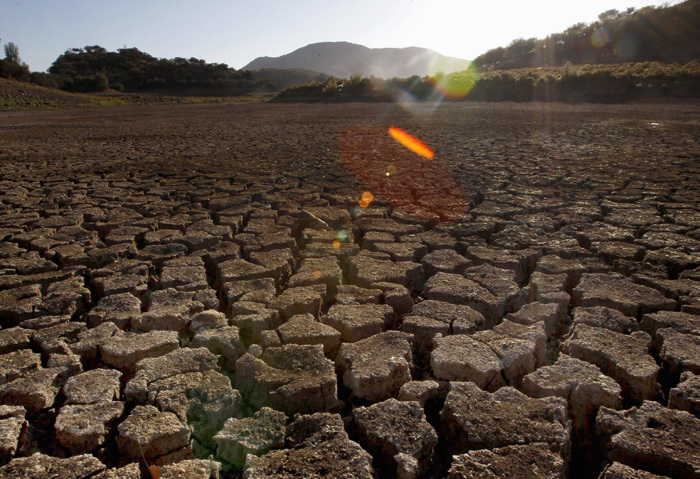Was July the 'Hottest Month on Record?' Who Cares?

Mainstream media the world over breathlessly report that scientists say July 2016 was the "hottest" month in the global temperature record stretching back to 1880 (or as CNN wrongly reported, "ever")! And future Julys will only become hotter! Repent, the end is near!
Or maybe not. Consider:
First, for most of the world, whether land or sea, raw data were nonexistent for most of the period before, roughly speaking, the 1960s, making precise claims about global temperature before then tenuous.
Second, from then until 1979, when satellite measurements became available, for most of the world, land or sea, raw data were not geographically randomly distributed and therefore not statistically representative, making the claims still more tenuous.
Third, NOAA and NASA have been busily "homogenizing" raw data over the last few years, the rather suspicious result of which is an almost universal lowering of older readings and raising of later readings, augmenting the apparent rise in temperature. That homogenizing has resulted, for instance, in masking the fact that the raw data show that in the continental U.S. the 1930s were significantly warmer and had far more record high temperatures than the present (and data for most of the rest of the world are far less comprehensive and accurate than the [still not very comprehensive and accurate] data for the U.S.).
Fourth, according to the satellite data — our most comprehensive and least subject to contamination — the claim is false.
The claim is that July was the "hottest month" — not just the hottest July — on record, going all the way back to 1880. That's much more expansive and therefore much easier to refute than the claim that it's the hottest July since 1979, so if the latter's false, the former must be, too.
Here are the July temperature anomalies (departures in ˚C from the 1981–2010 average) according to the UAH satellite data for the period:
So July 2016 isn't even the warmest July on record, even stretching back only to 1979. The record month was July 1998 — in a year made abnormally warm by the same thing that's making 2016 abnormally warm, an abnormally strong El Niño.
All those caveats aside, I have no objection to granting the claim that July 2016 was the warmest July, or even the warmest month, since records began in the 1880s, but that's really not significant. Why?
1. In the early 1800s the world started rising out of the Little Ice Age, and when one climbs for a while and reaches a plateau, it's mathematically certain that one's altitude (or in this case temperature) will remain at or around that plateau until one either resumes ascending or begins descending, so record highs are no big surprise.
2. The margin by which July 2016 is warmer (a more realistic term than "hotter") than the near runners-up is so tiny as to be utterly without impact on human or other life on earth.





























